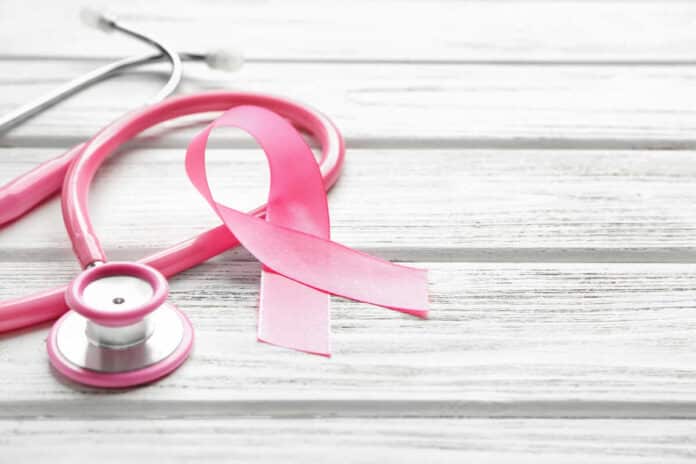
Estrogen is a key component in human development, but increased exposure could make your chances of developing breast cancer worse. This article examines why estrogen can increase your risk of developing breast cancer and how you can reduce this risk.
How Does Estrogen Increase Your Risk of Breast Cancer?
Estrogen is a physiological necessity for all humans. However, it could be harmful in large amounts and possibly increase the risk of breast cancer development.
People assigned female at birth who are postmenopausal and undergo hormone replacement therapy (HRT) could also be at risk. HRT is occasionally prescribed to reduce menopause symptoms, like changes in mood, hot flashes, and night sweats. However, the pros and cons of HRT need to be carefully considered due to the breast cancer risk.
According to the National Cancer Institute, estrogen-only HRT could increase your risk of breast cancer, and this risk does not reduce if you stop taking the medication. Combining HRT with estrogen-progestin could also increase your risk, but this might reduce slightly after you stop taking it.
Other Estrogen-related Factors
While HRT might increase your breast cancer risk, other factors could increase your estrogen exposure and cancer risk. These include:
● Early menstruation
● Taking oral contraceptives (although more research is required)
● Late onset of menopause
● First birth at an old age
● Not having given birth.
What are the Non-estrogen Related Risk Factors of Breast Cancer?
Beyond estrogen exposure, other factors could increase your lifetime risk of developing breast cancer. These include:
Overweight and Obesity
Being overweight or obese can boost your breast cancer risk, especially post-menopause. This is because fat tissues store and release estrogen, potentially increasing your overall estrogen levels.
Drinking Alcohol
The more alcohol you drink, the higher your chance of suffering breast cancer. One drink per day is connected to a 7 to 10% increased risk, while 2 to 3 drinks daily could boost your risk by 20%.
How Can You Prevent Breast Cancer?
While there’s no single cancer prevention method, the ACS recommends you do the following to reduce your cancer risk:
● Maintain a moderate weight.
● Limit (or avoid) alcohol
● Perform at least 150 to 300 minutes of moderate exercise per week.
● Consult your doctor about genetic counseling if breast cancer runs in your family.
Conclusion
Estrogen exposure throughout your life could increase your risk of breast cancer, especially when you may receive additional exposure through medications or your environment.
Consult your doctor about your breast cancer risk factors and the best ways to minimize the risk of developing the illness. You should also discuss regular screenings, which can help find cancer early.


















